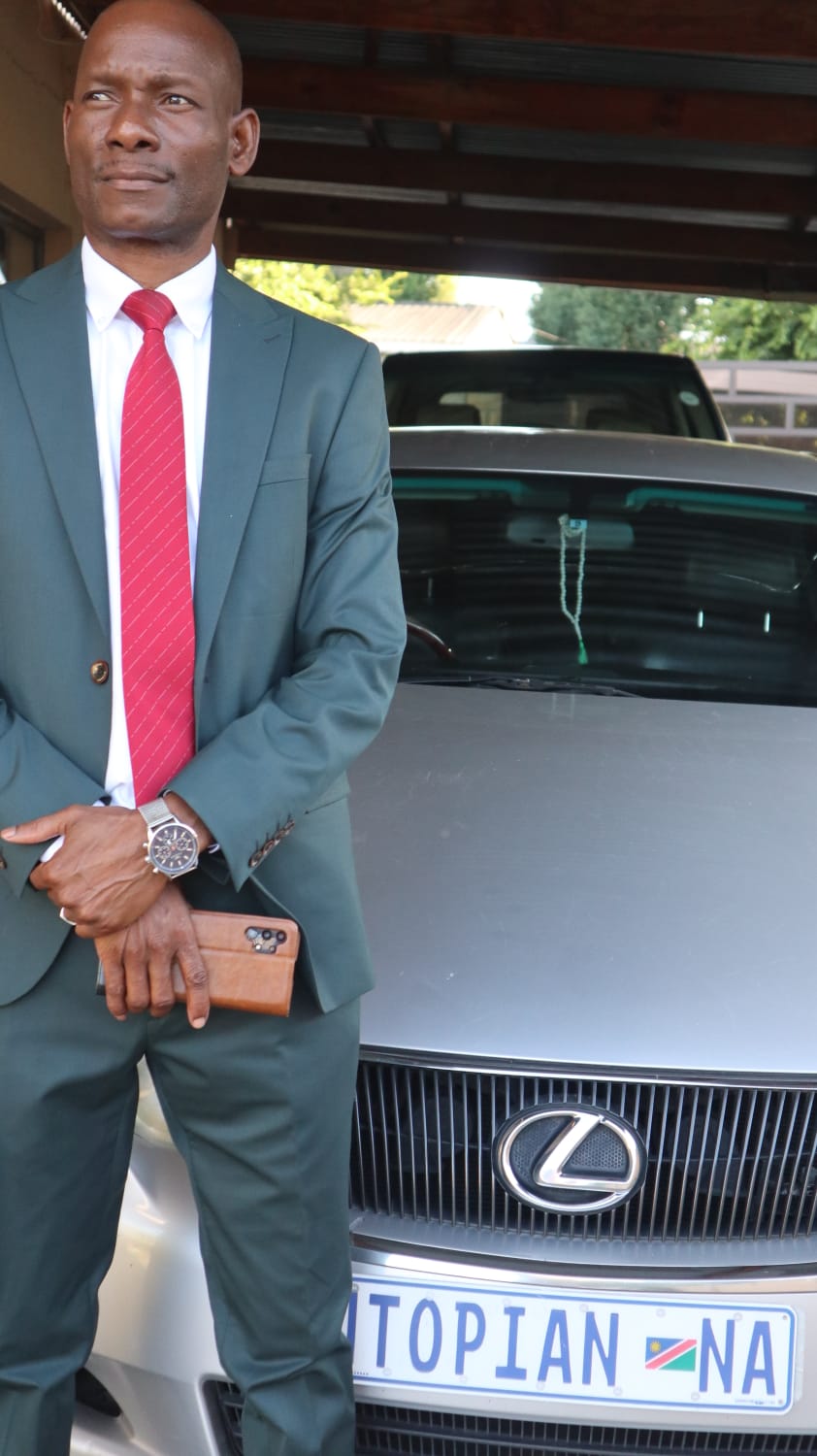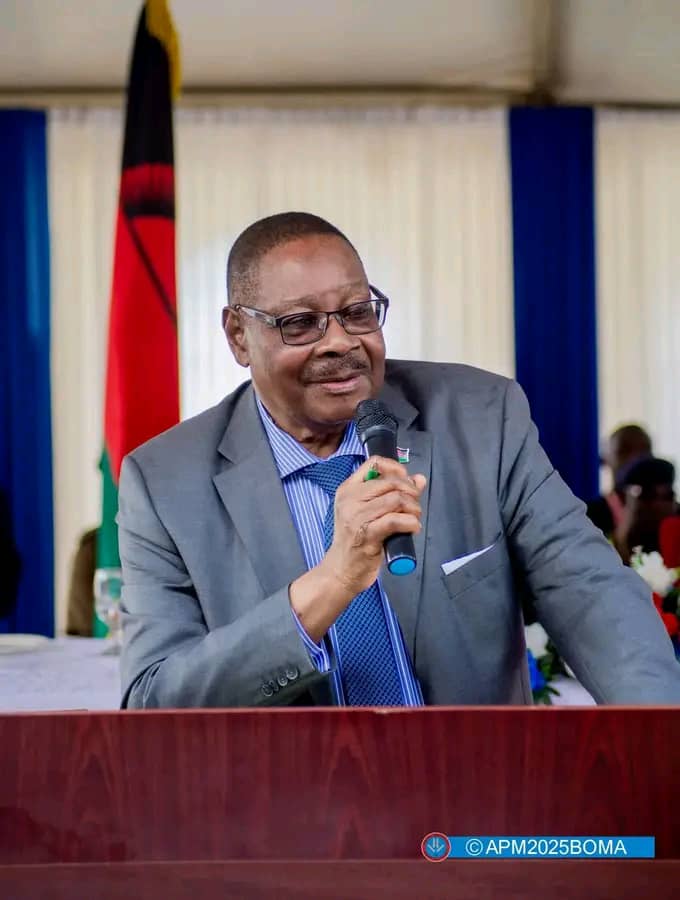Blantyre, September 17: Government says improvements in the health services have ensured that more patients with spinal cord injuries now survive and recover.
Reacting to concerns from Spinal Cord Injuries Association of Malawi (Siam) for improved welfare and treatment of spinal cord injuries survivors, Deputy Minister of Health Enock Phale said most people with injuries of the spinal cord were not surviving before.
“These survivors have unique needs owing to the fact that their spinal cord is not functioning normally. Since this is an emerging condition in our system there is need to adapt our health care to accommodate spinal cord injuries.
“This is where interest groups come in and we hope Siam will help to bring awareness on this condition to the community, patients and their families. Use of catheters had some serious complications as such only specially trained health workers can insert catheters.
He said that the ministry does not allow use of catheters in health centres but is looking at the policy to see how best it can assist survivors in the rural areas.
A Machinjiri-based spinal cord injury survivor Chikumbutso Billy who got involved in a road accident in 2004 said survivors face a lot of challenges in their daily lives.
“Most people face social and economic challenges once involved in spinal cord injury and are therefore thrown deep into poverty and dependency for life.
Apart from losing economic opportunities and social exclusion some people depend on safe catheters which are only found in central hospital thereby disadvantaging those in rural areas,” Billy said.
Siam interim chairperson Baylon Kondowe said many people with spinal injuries lack information on how they can get help regarding their challenges.
“Siam is an organisation that advocates for disability rights and improved health care for spinal cord injury survivors established in 2011 after noting the gaps in quality of services for the victims. It was motivated by Motivation Charity UK to fill the information gap for survivors of spinal cord injuries in the country,” he said
Kondowe said since Malawi does not have specialised spinal cord unit, a team of health care professionals involved in SCI care including physicians, surgeons, nurses, physiotherapists and occupational therapists work together with the patient and family to ensure a health recovery and highest level of independence.




